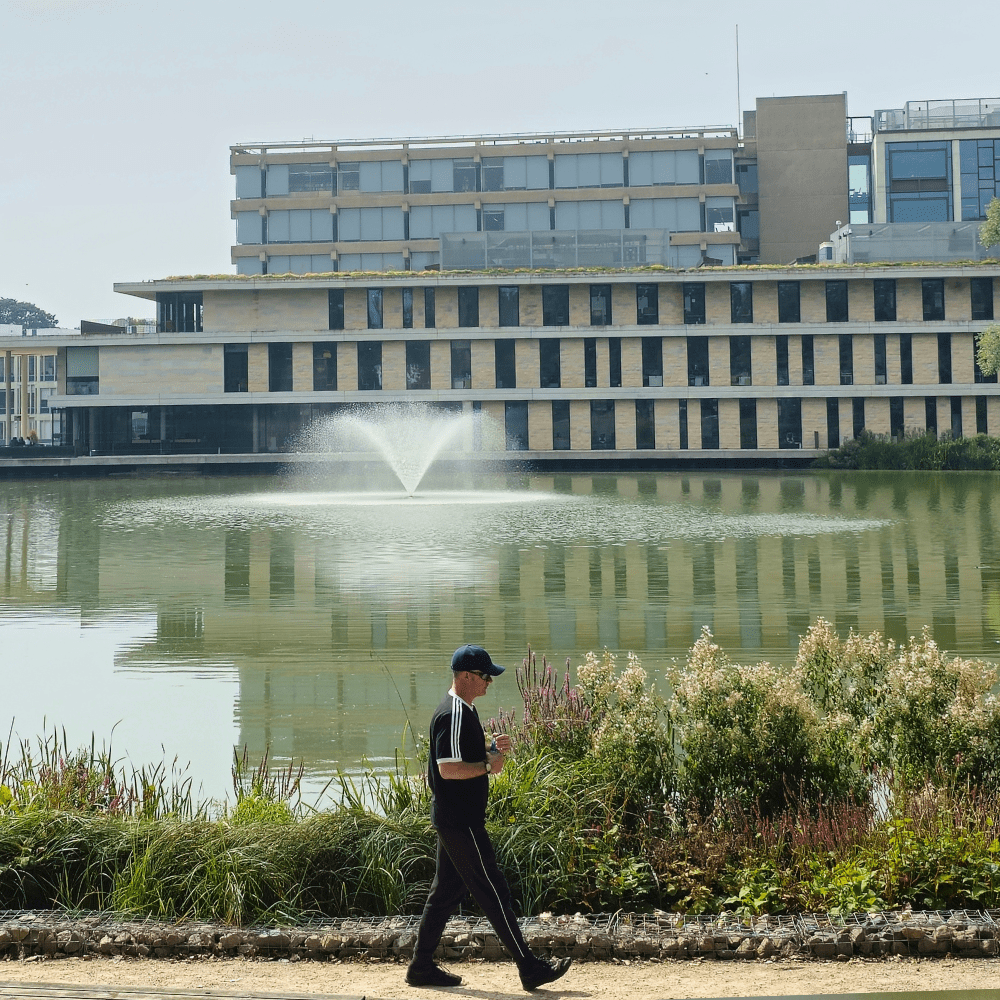Childhood studies is an innovative subject area that aims to understand and explain the experiences of children and childhood. The subject utilises several disciplines to interpret the experience of childhood, both historically and within contemporary society. This multidisciplinary approach includes:
Childhood studies examines how childhood is a socially constructed concept, differing between cultures and generations. This subject area examines how changes in our shifting understanding of childhood can influence and shape the lives of children.
What is the difference between childhood studies and child psychology?
Childhood studies is concerned with understanding childhood as a social construct and lived experience, whereas child psychology is concerned with understanding the mechanics of child thought processes.
Comparing childhood studies degrees and child psychology degrees:
Childhood studies degrees examine the shifting social and historical experience of childhood using a multidisciplinary approach. Students will draw upon sociology, history, anthropology, psychoanalytic approaches and developmental psychology. The discipline aims to understand childhood as an ever-changing and socially constructed experience.
Child psychology degrees are concerned with the study of the psychological processes of children and seek to understand the mechanics of childhood thought and development. The discipline introduces students to an empirical and scientific approach. Students will compare and contrast children's cognitive processes in response to stimuli, other children, and adults.
Choosing between childhood studies or an early childhood studies degree:
Both are concerned with the social and historical experience of childhood. Early childhood studies degrees focus heavily upon the first eight years of a child's life. In comparison, a childhood studies degree will consider childhood within a broader social context, examining the distinctive challenges posed to children as they navigate society until the age of twenty-one.
The history of childhood studies:
The recent emergence of the discipline in the early 1990s could be viewed as a response to an increased need to understand the changing lives of children. As more young children enter childcare and early education, transitioning from care within their immediate families to group care settings has become a more pressing issue. Such developments make it even more vital to develop a multidisciplinary approach that can explain the changing institutional arrangements of care that children experience.





















